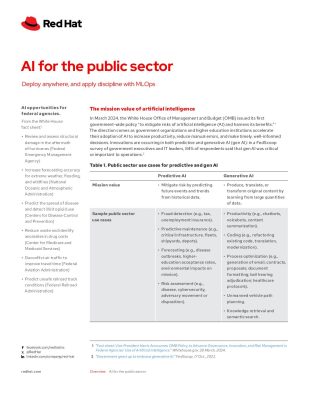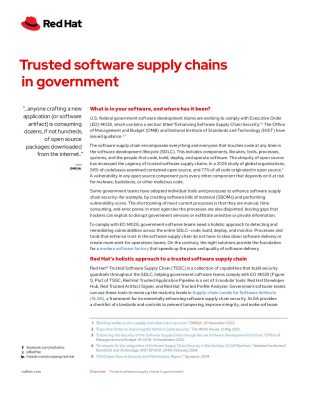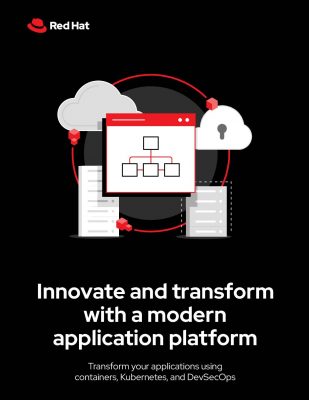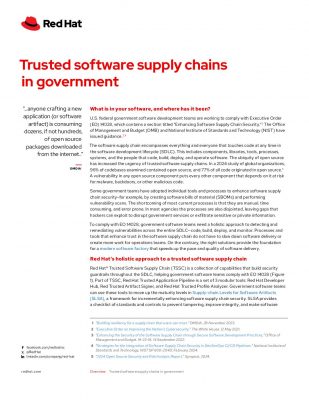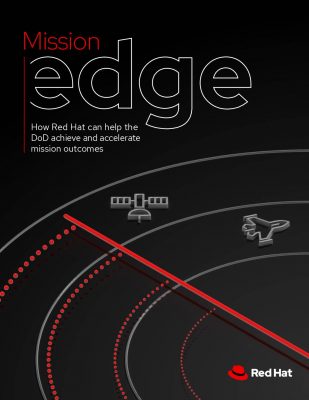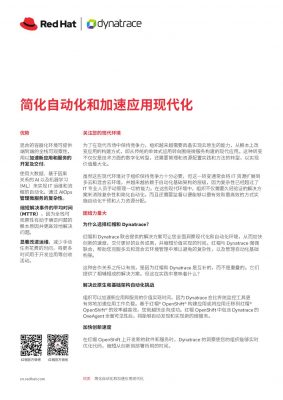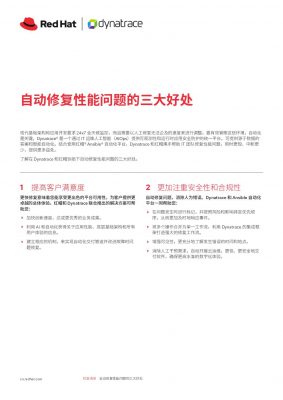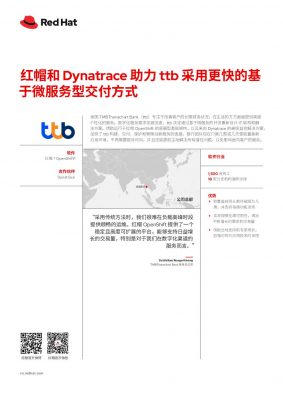Highlights:
- Eppo claims that its platform supports the contextual bandit, an improved variation of the multi-armed bandit test style.
- CUPED is an analytics technique used by Eppo’s platform to minimize the need for extra testing.
Eppo Inc. secured USD 28 million in the Series A funding round. The startup company assists software teams in testing how compatibly the new features resonate with users before launching them.
Innovation Endeavors was the round’s principal investor, the business disclosed recently. Additional contributions came from Amplify Partners, Menlo Ventures, and Icon VC. With this transaction, Eppo has raised USD 47.5 million from outside sources.
Companies enhance their websites and applications through a method called A/B testing. This involves creating multiple versions of a feature, such as a button or a product recommendation widget, and testing each version with a different group of users. The version that performs best is then implemented across the entire user base to improve the overall user experience.
Eppo offers a cloud platform that simplifies the process of running A/B tests. Additionally, it supports a more advanced AI-driven technique called a contextual bandit, which allows software teams to more rapidly determine which feature variation will be most successful with users.
A developer might make three versions of an interface component and test each one with 500 users in a standard A/B test. After hundreds of users who were allocated to each version have viewed it, the experiment comes to a conclusion.
Some businesses have moved to the multi-armed bandit, a more complex test style, in recent years. Similar to an A/B project, these tests begin with the company creating multiple versions of a feature, which are then piloted with various groups of testers. Subsequently, an artificial intelligence model determines which feature version works best and routes user traffic from the other versions under test to that version.
Eppo claims that its platform supports the contextual bandit, an improved variation of the multi-armed bandit test style. The latter technique uses user data that a business gathers to improve feature experiments. This data, which could include specifics like a customer’s past purchases, helps tailor feature tests to each test subject, increasing participation.
Eppo’s Chief Executive Officer, Chetan Sharma, said, “Experimentation has become the canonical tool of efficient growth, de-risking large investments, ensuring that bad ideas fail fast, and giving leaders high conviction on which initiatives will successfully grow the business.”
Results from A/B experiments frequently have some degree of uncertainty, which can lead to accuracy gaps. Businesses usually need to gather more information by conducting more tests to overcome those accuracy difficulties.
CUPED is an analytics technique used by Eppo’s platform to minimize the need for extra testing. By using this technique, businesses can use the past customer data they already have access to close accuracy gaps in A/B experiment results. This saves time by eliminating the need to conduct extra feature experiments to get new data.
Eppo uses data from customers’ cloud data warehouses to conduct A/B testing. The company claims that its platform processes a large portion of the data without being transferred from the storage environment. As a result, customers have to transfer fewer records to Eppo’s infrastructure, which minimizes the related network expenses.
The business plans to expand its workforce using the money from this latest investment round. Eppo intends to add capabilities to its platform in tandem, enabling users to conduct additional kinds of A/B tests. A portion of the improvements will assist businesses in determining how to obtain a higher return on their marketing expenditures.

